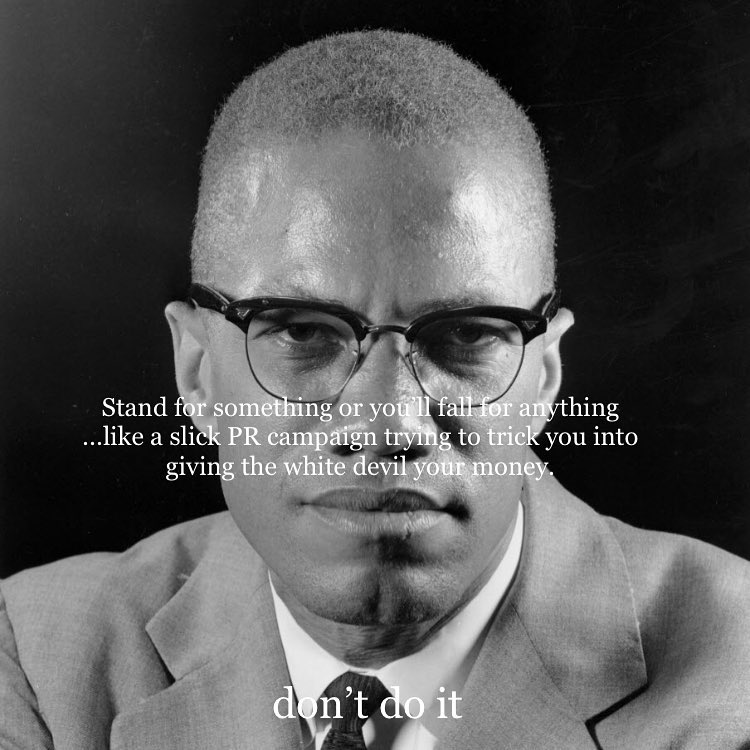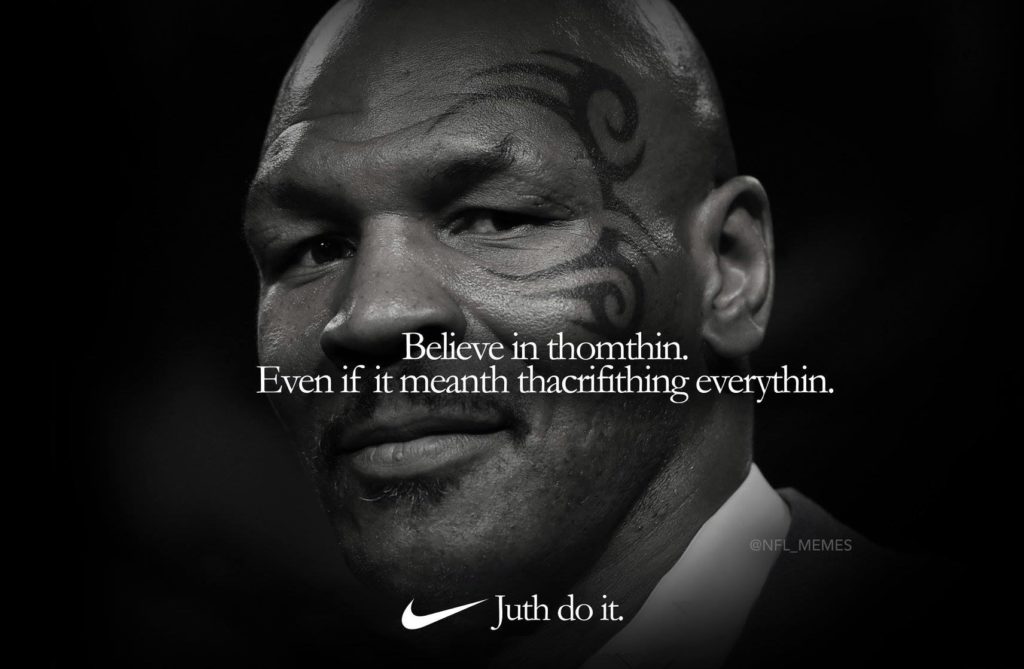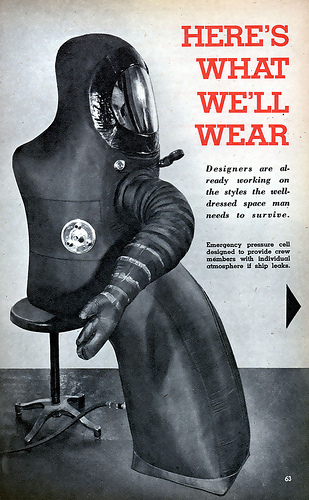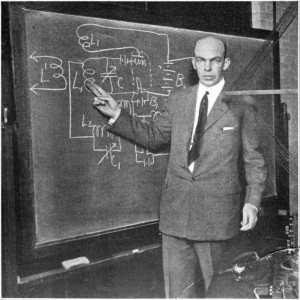Michael Knowles, Daily Wire host, Catholic and handsome human who has his own lucrative internet show and probably has never struggled with his weight once, penned a scathing article last week on a new drug named CPACC that’s in testing at the University of Texas.
This “miracle drug” has been shown in mice to allow weight loss on a diet of fat and sugary foods. The mechanism has to do with metabolism, but that’s not really important right now. What I’m more interested in is Knowles’ reaction to the annoucement.
His take is that this is bad. We shouldn’t take a pill to lose weight. Those of us who have a weight problem should look into our souls, repent of our evil and discover the reasons for our sinful gluttony.
“The roly-polies reaching for the CPACC pill consider pudginess the problem, while the more insightfully obese recognize that the deeper issue lies in the bad habits that made them fat in the first place. But the core problem lurks deeper still: in the concupiscence that inclines us all to sin as a consequence of man’s fall from grace. Atheists might recoil at the religious language, but even they can’t deny the anthropological fact of human imperfection. Gluttons desire a box of donuts because our first ancestor ate an apple.”
All this coming from a guy who has many photos drinking whiskey, smoking cigars or even enjoying milkshakes.
He posits that the real reason for obesity is an internal spiritual one and we could all just be fit by abstaining from cupcakes. This seems like an elitist view of a serious problem. 42% of Americans are obese. 42%, that’s a huge number and it’s not just a matter of not eating a cupcake. Many Americans work hard to exercise and diet, count calories, give up pop and alcohol and many other things in the pursuit of a more svelte figure. The problem is statistically they fail.
52% of American adults tried to lose weight by diet last year. 90% of the people who do lose significant amounts of weight gain it (and more) back. Obesity isn’t a spiritual problem, it isn’t a gluttony problem, it is a problem that stems from our success as a society. We have built a world where food is cheap and plentiful and we can sit at a desk and work rather than do intense physical labor every day. The genetic makeup that let so many of us be successful in a harsher world are now working against us.
Not only do we have to contend with so much calorie riche food, our government seems to want us to be fat. There has been a big push in the last few years to feed children breakfast in schools, but schools feed kids sugary high carb muffins, cinnamon rolls and cereal (not protein that would help them learn). This is such a big problem that the Department of Agriculture had to create rules for the amounts of sugar that could be in school lunches this year. I wonder if that works.
The US government has major “farm subsidies” that keep food cheap and have turned our whole agriculture system into giant corporate farms. Our current government food guidelines promote that Lucky Charms are better for you than steak. It’s a small wonder that so many Americans are fat.
The Daily Wire has earned a bit of a reputation recently ridiculing some of the fat positive messages in our culture. Ben Shapiro recently came out with a quite amusing critique of Lizzo’s children’s book. Lizzo is known for her body postitive messaging.
While I would completely agree with Ben’s stance that being fat is not something to be proud of, I would also like to point out that being thin and healthy looking is a huge advantage in life. Look at all the Daily Wire Hosts, Shapiro, Klavan, Knowles, Candice Owens, Matt Walsh, Brett Cooper? They are all good looking, in shape people. In fact, nearly every political commentator or news personality, at least since we’ve lost Rush Limbaugh and Brian Stelter got fired from CNN are thin attractive people.
Even politicians are in good shape. Seriously, name someone seriously overweight in politics right now other then Chris Christie. There isn’t one, and Christie is the butt of a fat joke every week. Being an appropriate weight isn’t just a health issue or a sin issue, it’s a success issue. Many Americans are depressed and angry because of their bodies. Young people experience suicidal ideation due to their weight. People avoid activities and hide in their homes because they are ashamed of their appearance, many won’t even go to a gym because of the humiliation.
For someone who doesn’t have this struggle, who hasn’t ever had this struggle and is successful largely due to his looks to deride this potential new medical breakthrough because it might have consequences and we all might have to just work harder smacks of serious eliteness. Maybe Knowles is just afraid that there is some fat person out there who is smarter and wittier than he is and will take his job if they can just lose a little weight.


































